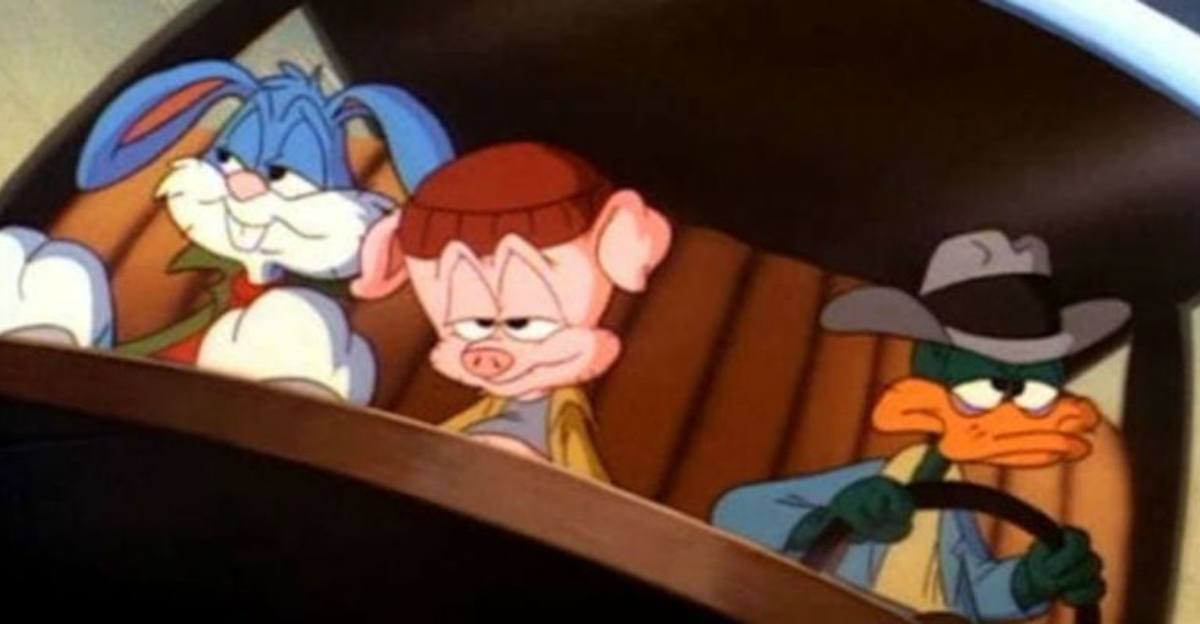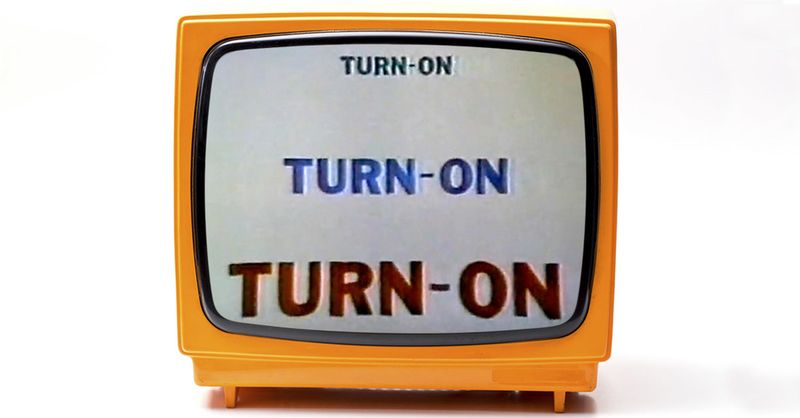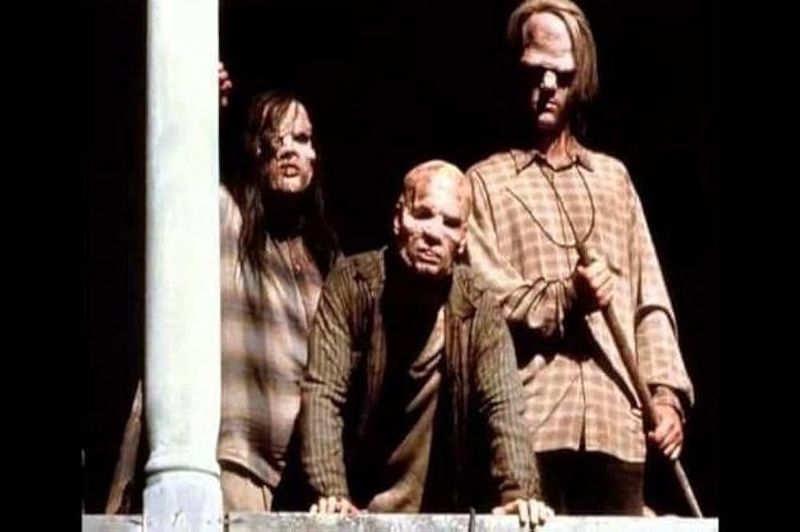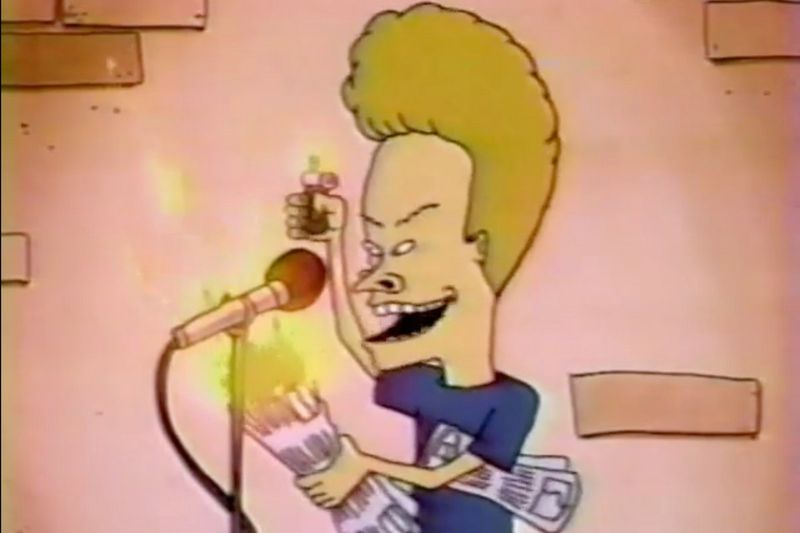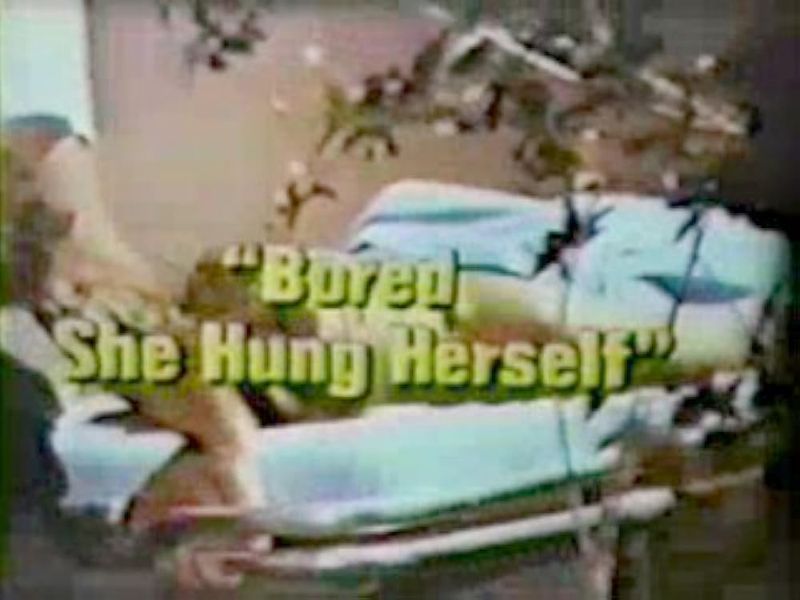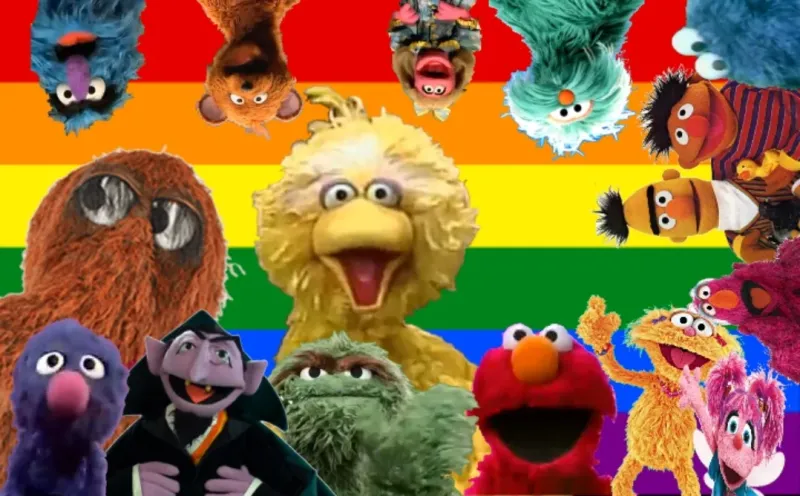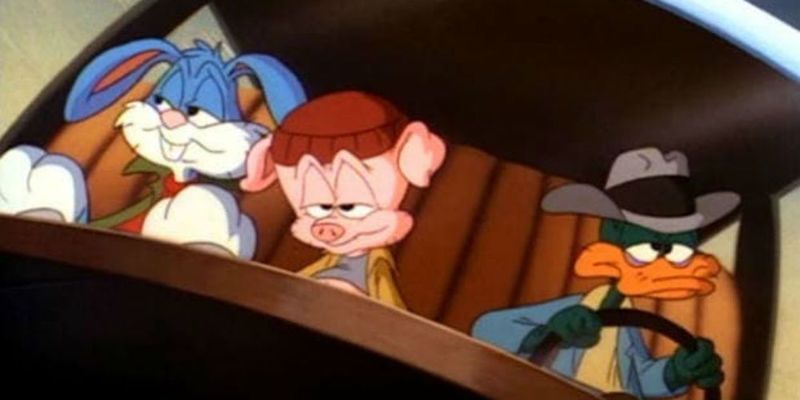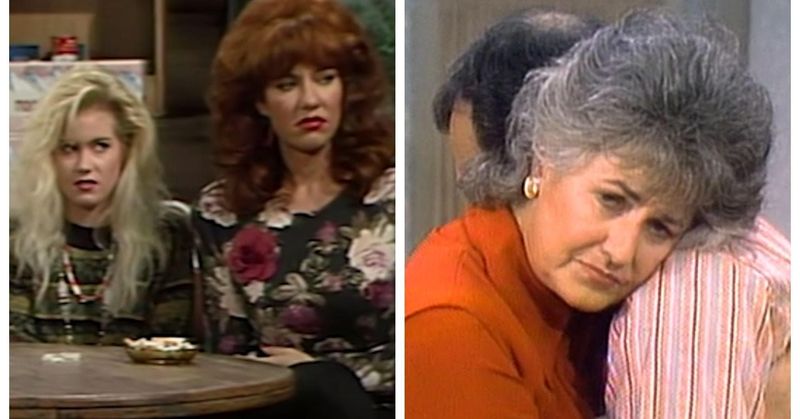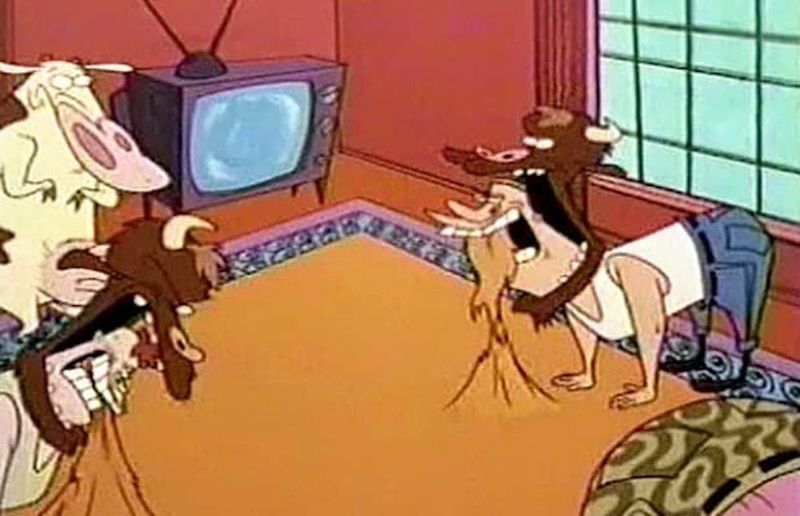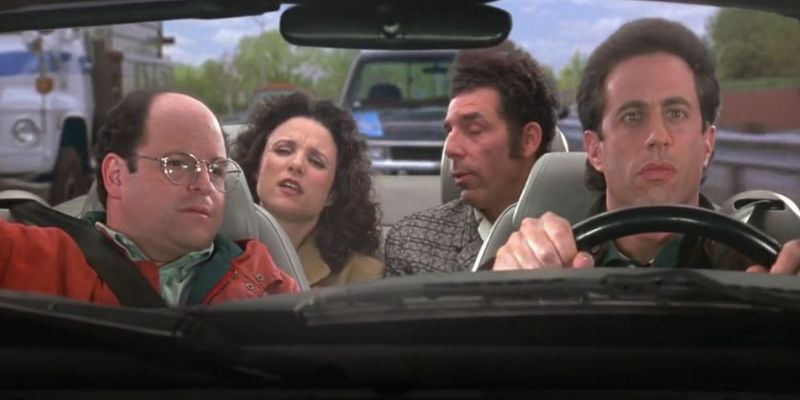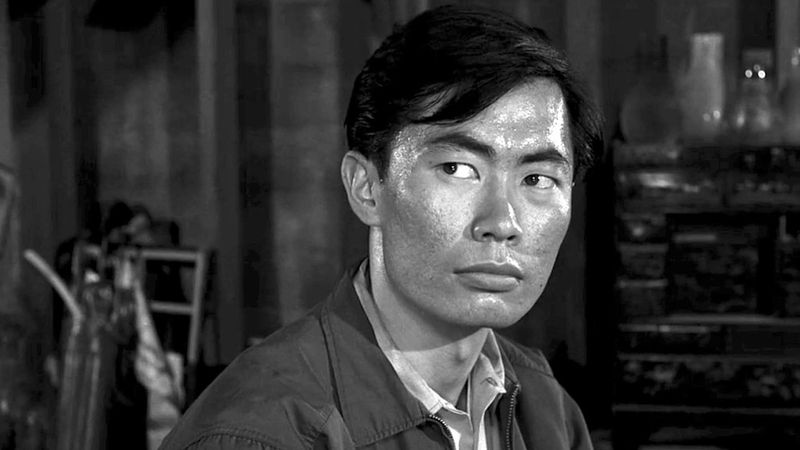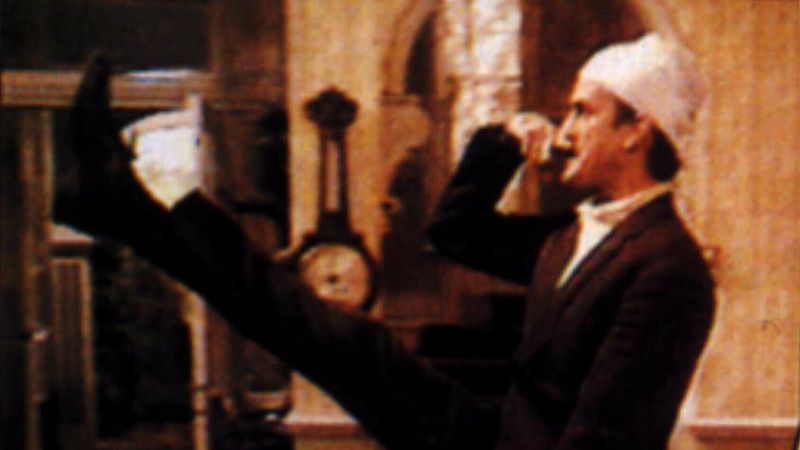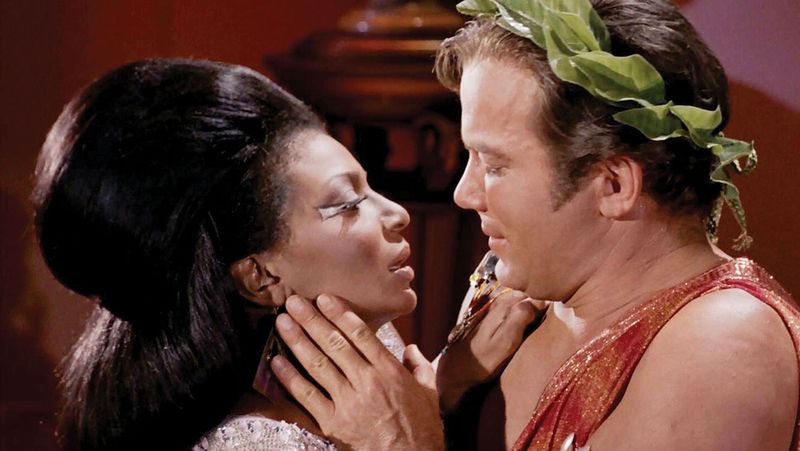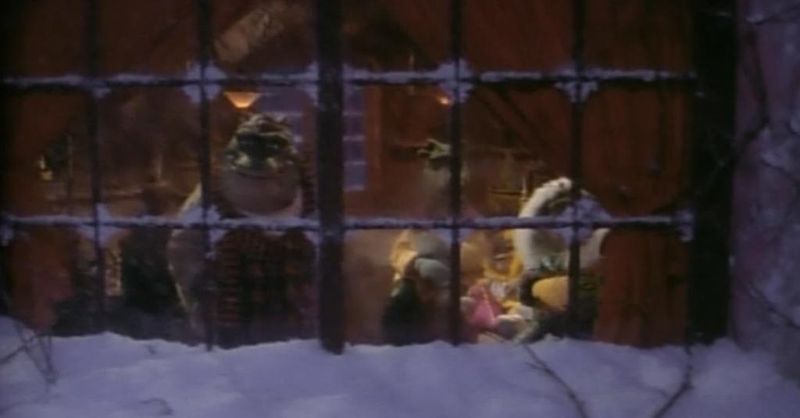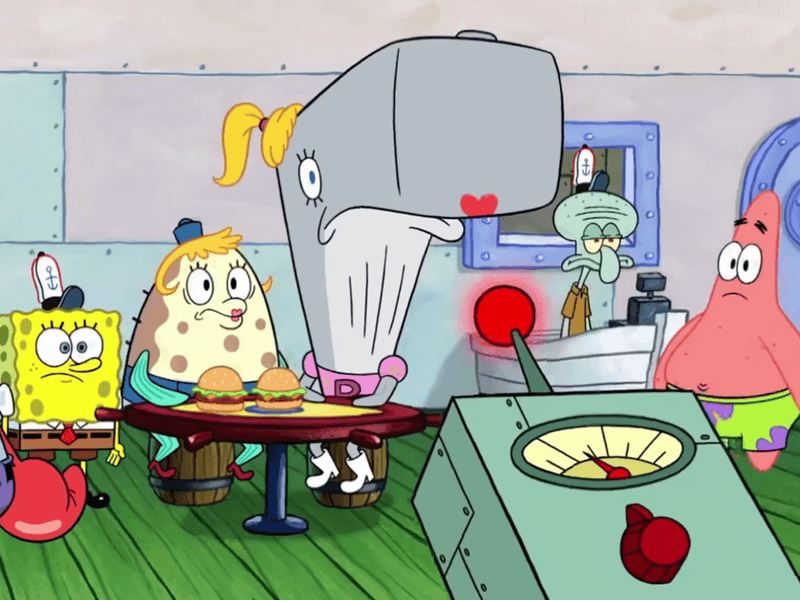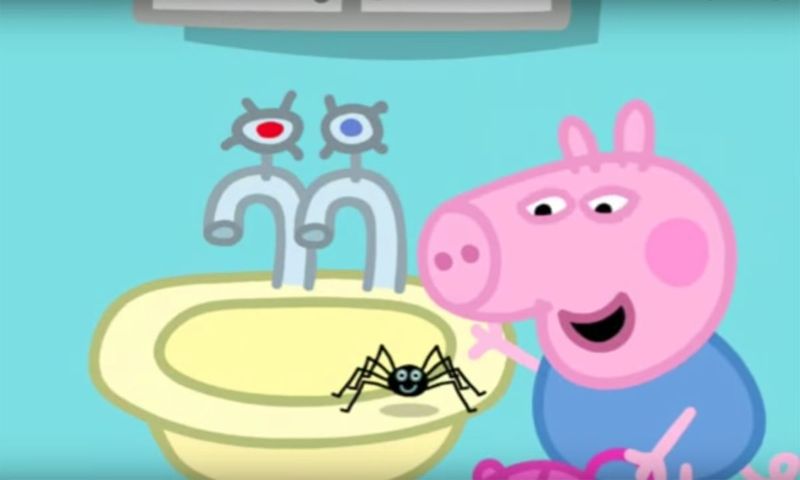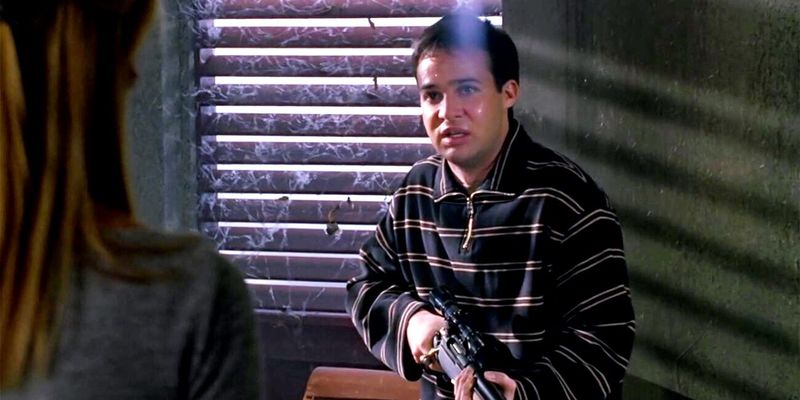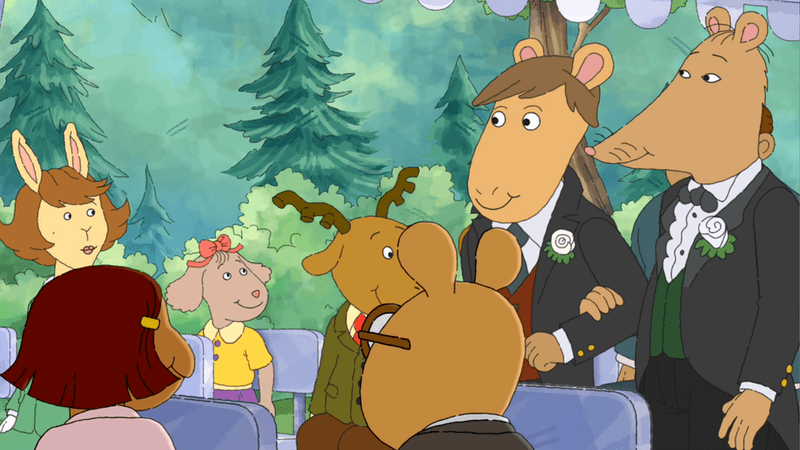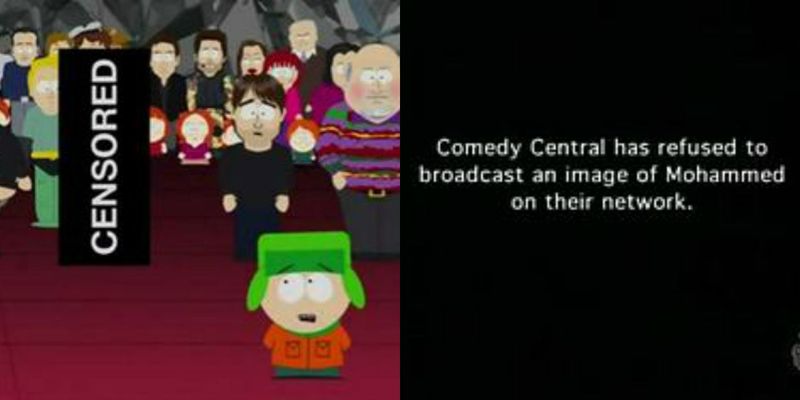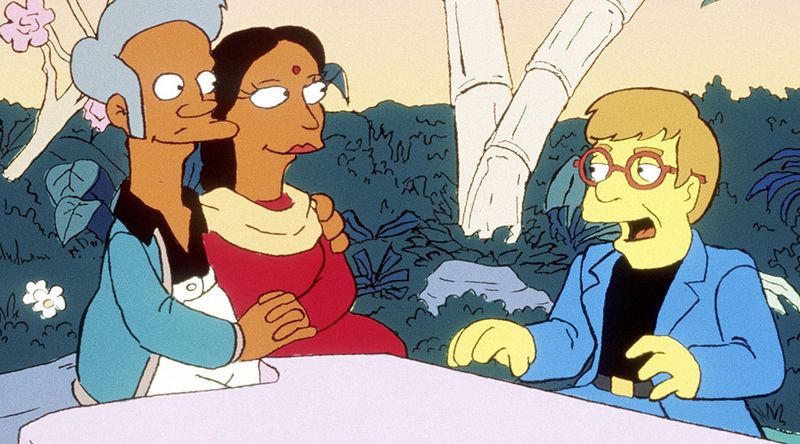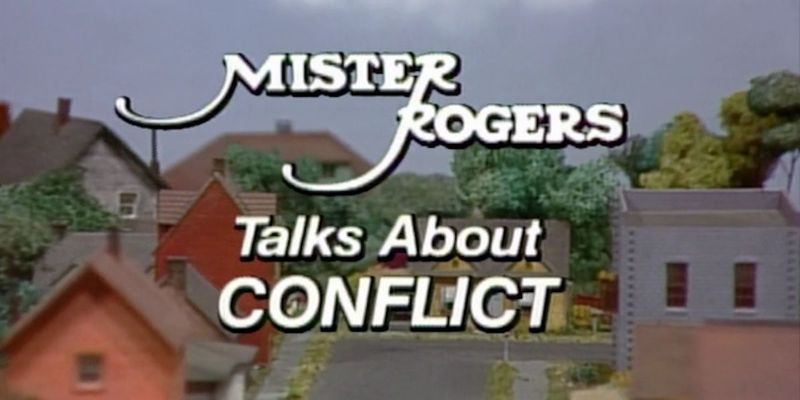Television history is filled with moments that pushed boundaries too far. Sometimes an episode crosses a line that networks, sponsors, or viewers simply won’t tolerate. When that happens, these controversial episodes get yanked from the airwaves, never to be seen again in regular rotation. From offensive content to dangerous copycat incidents, here’s a look at 20 infamous TV episodes that were so controversial they vanished from broadcast forever.
1. Turn-On (1969) – The Show That Died During Its First Commercial Break
Executives at ABC thought they had the next big comedy hit with this racy Laugh-In clone. They were catastrophically wrong. The show’s vulgar humor and rapid-fire sexual innuendo horrified viewers and network affiliates alike.
Cleveland’s WEWS-TV famously pulled the plug during the first commercial break, refusing to return to the program. Other stations across the country followed suit. By the next day, ABC had canceled the entire series, making it one of television’s shortest-lived shows ever.
Only one episode was produced, but most Americans never saw even that much of it.
2. Pokémon’s “Electric Soldier Porygon” Triggered Actual Seizures
December 16, 1997 became an infamous date in Japanese television history. That evening, an episode of Pokémon featuring rapid red and blue flashing lights triggered seizures in nearly 700 children across Japan.
Ambulances raced to hospitals as panicked parents flooded emergency rooms with children suffering from symptoms ranging from nausea to full convulsions. The incident made international headlines and prompted a four-month hiatus for the entire series.
The “Porygon incident” led to new safety guidelines for animated programs worldwide, though ironically, it was Pikachu’s thunderbolt attack—not Porygon—that caused the problematic flashing effect.
3. The X-Files’ “Home” Was Too Disturbing Even For Fox
Mutant incest, infanticide, and live burial aren’t typically found in primetime network television. Yet in 1996, The X-Files delivered all three in “Home,” an episode so disturbing that Fox banned it from ever airing again after its initial broadcast.
The story followed Mulder and Scully investigating the Peacock family—deformed brothers who had been breeding with their quadruple-amputee mother kept under a bed. Viewers and critics were horrified by the graphic violence and taboo subject matter.
It became the only X-Files episode to receive a TV-MA rating and remained shelved for years before eventually appearing in limited syndication.
4. Beavis and Butt-Head’s Fire Fixation Led to Real-World Tragedy
MTV’s animated slackers had a dangerous obsession with fire. Beavis would frequently chant “Fire! Fire!” while engaging in pyromania. In 1993, this fictional behavior allegedly inspired real-world tragedy when a 5-year-old Ohio boy set his home ablaze, killing his 2-year-old sister.
The mother blamed the show for her son’s actions, claiming he had watched Beavis and Butt-Head playing with fire. MTV quickly pulled multiple episodes featuring fire-setting from rotation and removed all references to fire from future episodes.
The controversy forced the network to move the show to a later timeslot and add disclaimers warning viewers not to imitate the duo’s dangerous behavior.
5. Hawaii Five-O’s Deadly Hanging Scene Experiment
The 1970 Hawaii Five-O episode “Bored, She Hung Herself” portrayed a dangerous yoga technique involving autoerotic asphyxiation. According to persistent rumors, a viewer attempted to recreate the hanging technique shown in the episode and died as a result.
CBS immediately pulled the episode from circulation and never allowed it to be rebroadcast or included in syndication packages. For decades, it remained one of television’s most notorious missing episodes.
Strangely, despite its infamous status, the episode was eventually included in the complete series DVD collection released in 2018—though without any explanation for its previous banning.
6. Sesame Street’s Snuffleupagus Withdrawal Symptoms
Not all banned episodes involve violence or adult content. A 1976 Sesame Street episode featured Big Bird’s friend Snuffleupagus experiencing withdrawal symptoms when he couldn’t get his fix of cabbage.
The episode showed Snuffy shaking, sweating, and displaying classic addiction behavior when deprived of his favorite food. Parents and addiction specialists criticized the portrayal, concerned it normalized drug withdrawal for children.
The Children’s Television Workshop quickly pulled the episode from rotation. While most Sesame Street episodes were rerun countless times over decades, this one vanished into the vault, never to be seen again in regular programming.
7. Tiny Toon Adventures Served Alcohol to Minors
The 1991 episode “One Beer” featured the young cartoon characters Buster, Plucky, and Hamton stealing and drinking beer, then driving while intoxicated. The episode was intended as a cautionary tale, ending with the characters dying in a car crash before they’re revealed to be acting.
Parents were outraged that a children’s show depicted underage drinking, even as a warning. Many felt the message was too mature for the target audience.
Warner Bros. pulled the episode from American broadcasts, though it continued to air internationally. Years later, it was included on DVD collections but remains one of animation’s most controversial attempts at delivering a “very special episode.”
8. Married… With Children’s Bathroom Episode Flushed Away
The 1989 episode “A Period Piece” tackled the taboo subject of menstruation when all the Bundy women’s cycles synchronized, sending Al fleeing to the bathroom. The episode featured numerous menstruation jokes and bathroom humor that pushed the envelope even for this boundary-pushing sitcom.
Fox executives were uncomfortable with the content, particularly the frank discussion of women’s periods in primetime. The network pulled the episode before it aired.
Despite being fully produced, the episode never broadcast during the show’s original run. It finally saw the light of day years later in syndication, though some networks still skip it in their rotation.
9. Buffalo Gals Rode Away From Cartoon Network
The Cow and Chicken episode “Buffalo Gals” featured a motorcycle gang of masculine-presenting women who would break into homes and “munch carpet”—literally chewing on floor coverings. The not-so-subtle lesbian stereotypes and sexual innuendo flew over children’s heads but outraged parents.
The Buffalo Gals played softball, had masculine names, and sported short haircuts and flannel—hitting every lesbian stereotype of the 1990s. Cartoon Network received complaints about the offensive portrayal and double entendres.
The network quickly pulled the episode from rotation after its initial airing in 1998. It has never been rebroadcast and was excluded from DVD releases.
10. Seinfeld’s Puerto Rican Day Parade Fiasco
The penultimate episode of Seinfeld in 1998 featured the gang stuck in traffic during New York’s Puerto Rican Day Parade. The controversy erupted when Kramer accidentally set a Puerto Rican flag on fire and then stomped on it to extinguish the flames.
Puerto Rican organizations and viewers were outraged by what they perceived as disrespect toward their national symbol. NBC apologized but defended the episode as misunderstood comedy rather than intentional offense.
The network pulled the episode from rerun packages for several years. When Seinfeld entered syndication, this episode was notably absent until 2002, when it quietly returned to rotation with minimal fanfare.
11. The Twilight Zone’s “The Encounter” Faced 20 Years in Exile
This 1964 episode featured a World War II veteran (Neville Brand) and a Japanese-American man (George Takei) confronting racial tensions in an attic where a samurai sword serves as a supernatural catalyst for violence. The episode touched raw nerves about Japanese internment and war atrocities.
Takei’s character reveals he helped Japanese pilots during Pearl Harbor, perpetuating harmful stereotypes about Japanese-American loyalty. The controversy prompted CBS to pull the episode from syndication packages.
For over two decades, “The Encounter” remained unseen until cable networks began airing it in the 1980s. Today, it’s studied as a flawed but important examination of post-war racial trauma.
12. Fawlty Towers’ Major Problem With “The Germans”
“Don’t mention the war!” John Cleese’s Basil Fawlty famously shouted before proceeding to do exactly that, goose-stepping around German guests while making Nazi references. The 1975 episode satirized British post-war attitudes rather than mocking Germans, but context gets lost over time.
The episode faced temporary bans and edits over the years, not for the German scenes but for racist language used by the elderly Major character in a separate scene. In 2013, the BBC temporarily removed the episode from the UKTV streaming platform.
After public outcry led by Cleese himself, the episode returned with a disclaimer. The Major’s racist language was finally edited out in 2020 reruns.
13. Star Trek’s Interracial Kiss That Southern Stations Wouldn’t Air
The 1968 Star Trek episode “Plato’s Stepchildren” featured television’s first interracial kiss between Captain Kirk (William Shatner) and Lieutenant Uhura (Nichelle Nichols). While not technically banned nationwide, numerous Southern television stations refused to air the episode.
NBC executives were so nervous about potential backlash that they insisted on filming an alternative version without the kiss. Shatner and Nichols deliberately sabotaged these takes, ensuring the kiss would make the final cut.
The episode represents a landmark civil rights moment in television history, though it came at a cost—some markets never saw it during the original run due to local censorship.
14. Dinosaurs’ Eerily Prophetic Finale Disappeared
The 1994 series finale of Jim Henson’s Dinosaurs ended with the entire species going extinct due to environmental catastrophe caused by corporate greed. The dinosaur characters literally caused their own extinction by destroying their environment for profit.
The dark ending showed the world entering an ice age as Baby Sinclair asked his father if they were going to die. The father tearfully confirmed they would, and the series ended with the entire family freezing to death.
ABC pulled the episode from initial rerun rotations, deeming it too depressing for children. The powerful environmental message eventually returned to broadcast years later, though some international markets still skip it.
15. SpongeBob’s Quarantine Episode Hit Too Close to Home
In 2019, SpongeBob SquarePants produced “Kwarantined Krab,” where the Krusty Krab is placed under quarantine due to a mystery illness called “Clam Flu.” Characters suspected of infection are locked in freezers while others panic about contamination.
When the COVID-19 pandemic began in 2020, Nickelodeon quietly shelved the episode. The parallels between the cartoon quarantine and real-world lockdowns, along with the stigmatization of potentially infected characters, suddenly seemed inappropriate for children’s television.
The episode remained unreleased for two years before finally appearing on DVD in 2022, though some international markets continue to skip it in broadcast rotation.
16. Peppa Pig Learned Spiders Are Friends, Australian Children Disagreed
The innocent Peppa Pig episode “Mister Skinnylegs” taught children not to fear spiders, with Peppa befriending an eight-legged visitor. This message works fine in the UK, where spiders are generally harmless, but proved dangerously misleading in Australia.
Australian broadcasting authorities banned the episode in 2012 after complaints it could encourage children to approach deadly spiders. In a country home to numerous venomous species, including the lethal Sydney funnel-web, teaching kids to play with spiders could have fatal consequences.
The episode remains unavailable on Australian television and streaming platforms, though it continues to air normally in countries with less dangerous arachnids.
17. Buffy’s High School Shooting Episode Pulled After Columbine
The Buffy the Vampire Slayer episode “Earshot” featured a student planning a mass attack on his classmates. Originally scheduled to air in April 1999, the episode was pulled when the Columbine High School shooting occurred just one week before its planned broadcast date.
The WB network immediately shelved the episode, concerned about its similarities to the real-life tragedy. The storyline involved Buffy gaining mind-reading abilities and hearing someone planning to kill students.
The episode eventually aired months later in September, with the network determining enough time had passed. Ironically, the episode’s message was ultimately anti-violence, revealing the “killer” was actually planning suicide, not mass murder.
18. Arthur’s Gay Wedding Caused Alabama Public TV Blackout
In 2019, the long-running children’s show Arthur aired “Mr. Ratburn and the Special Someone,” where Arthur’s teacher marries his male partner. The episode made headlines as a milestone for LGBTQ+ representation in children’s programming.
Alabama Public Television refused to broadcast the episode, claiming parents wouldn’t expect such content in a children’s program. The station substituted a rerun instead, effectively censoring the wedding from Alabama viewers.
The controversy highlighted the ongoing challenges of LGBTQ+ representation in children’s media. While PBS stood by the episode nationally, local stations in conservative areas exercised their option to pull content they deemed controversial.
19. South Park’s Prophet Muhammad Episodes Vanished Under Threats
In 2010, South Park creators Trey Parker and Matt Stone produced a two-part episode featuring the Prophet Muhammad as a character. Comedy Central heavily censored the episodes after the studio received death threats from extremist groups.
The network ultimately removed both episodes (“200” and “201”) from all streaming platforms, DVD releases, and rerun packages. The controversy stemmed from Islamic traditions prohibiting visual depictions of Muhammad, though South Park had previously featured the prophet in a 2001 episode without incident.
The episodes remain unavailable through any legal channels, effectively erased from the show’s history despite being part of the main continuity.
20. Thirty Minutes Over Tokyo’s Japanese Insensitivity
The Simpsons traveled to Japan in this 1999 episode that featured numerous jokes about Japanese culture, including the emperor being thrown into a sumo wrestling ring. Most controversially, the family visits a place called the “Annual Sumo vs. Americans Pearl Harbor Re-enactment.”
Japanese broadcasters refused to air the episode, finding the Pearl Harbor references and imperial disrespect offensive. While not banned in America, it disappeared from Japanese television and some international markets.
The episode remains unavailable in Japan today, though American broadcasts continue unedited. It represents how comedy that plays well domestically can become controversial when viewed through an international cultural lens.
21. Mister Rogers’ Nuclear War Discussion Was Too Real
In November 1983, at the height of Cold War tensions, Fred Rogers produced a five-episode arc about nuclear war for Mister Rogers’ Neighborhood. The “Conflict” series addressed children’s fears about nuclear annihilation through the Neighborhood of Make-Believe.
Many PBS stations refused to air the episodes, deeming them too frightening for children despite Rogers’ gentle approach. The timing coincided with the TV movie The Day After and escalating U.S.-Soviet tensions, making the content particularly sensitive.
The episodes eventually aired but were rarely repeated in syndication. They’ve since been recognized as a brave attempt to help children process real-world fears.
